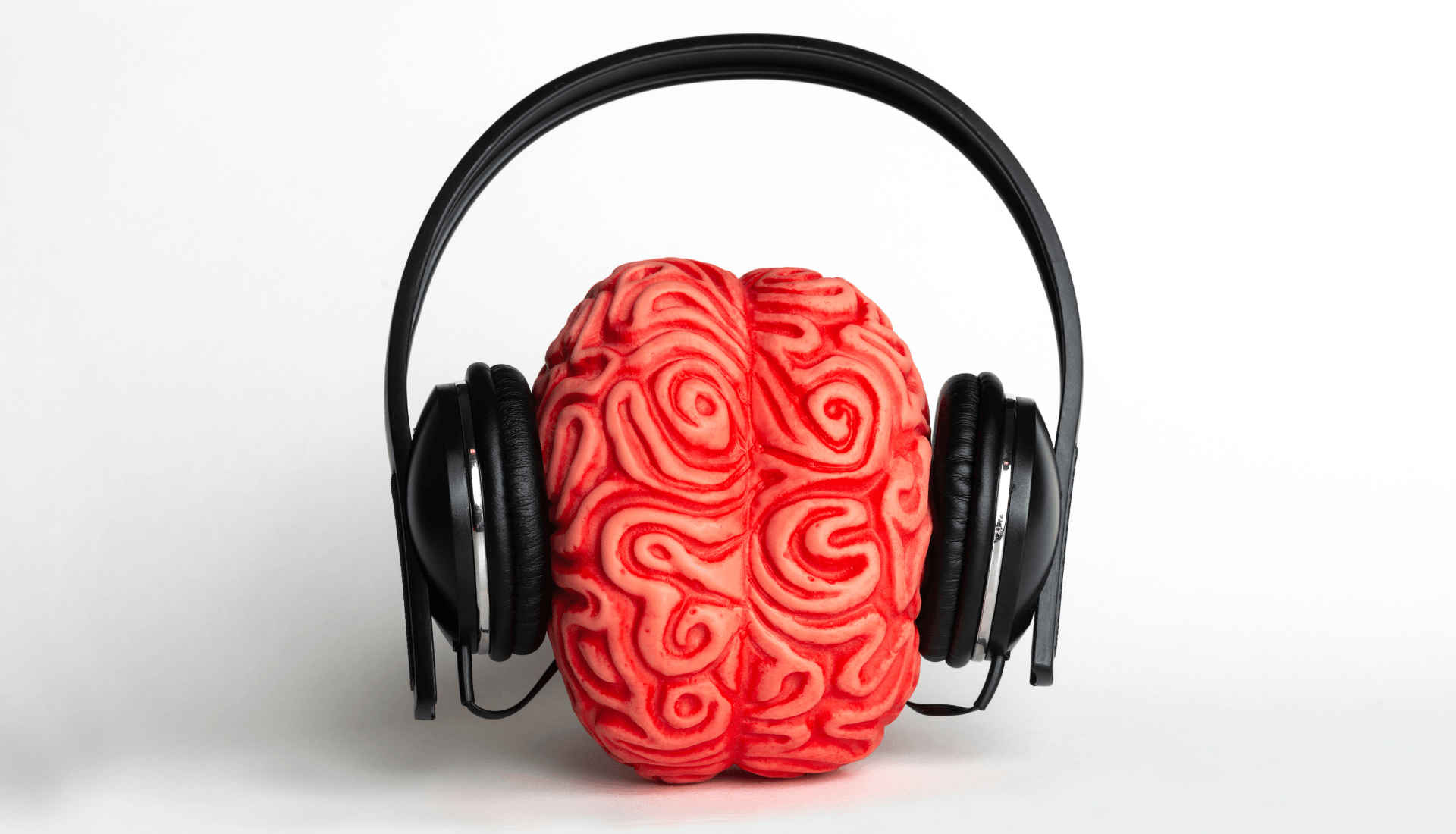Hey there, music lovers! Ever wondered why that catchy tune you heard on the radio this morning is still stuck in your head? Or why certain songs can make you feel like you’re on top of the world, while others can bring you to tears? Well, buckle up, because we’re about to embark on a mind-blowing journey into the world of music and the brain. We’ll explore the science behind your favorite beats, the incredible effects of music on your cognitive abilities, and even how to harness the power of music to supercharge your brain. Ready to rock and roll? Let’s hit it!
The Power of Music
Music is like magic, isn’t it? It’s a universal language that transcends borders and cultures. Whether you’re into pop, rock, classical, or jazz, we all have that one song that gives us goosebumps every time we hear it. For me, it’s “Bohemian Rhapsody” by Queen – every time that guitar solo hits, I can’t help but air guitar along!
But have you ever stopped to think about why music has such a powerful effect on us? It’s not just about the catchy melodies or the poetic lyrics. There’s a whole lot of science going on behind the scenes, and it’s absolutely fascinating.
The Science of Music and the Brain
When you listen to a song, your brain is actually working overtime. Different areas of your brain are involved in processing different aspects of music, from the rhythm and melody to the lyrics and emotional content. It’s like a well-rehearsed orchestra, with each section playing its part in perfect harmony.
And here’s the really cool part: music can actually change your brain! This is thanks to a phenomenon known as neuroplasticity, which is just a fancy way of saying that our brains can change and adapt based on our experiences. So, every time you jam out to your favorite song, you’re actually giving your brain a workout. Talk about a fun way to exercise!
The Effects of Music on Cognitive Abilities
Now, let’s get into the really good stuff. Did you know that music can actually make you smarter? It’s true! Research has shown that listening to music can enhance memory and learning. This is known as the “Mozart Effect,” named after the famous composer. So next time you’re cramming for a test, try putting on some classical music. It might just give your brain the boost it needs!
The Therapeutic Power of Music
But the power of music doesn’t stop there. Music can also be a powerful tool for healing. Music therapy is used to help people dealing with a range of mental health issues, from anxiety and depression to Alzheimer’s and autism. I’ve seen this firsthand in my work as a music therapist. I once worked with a young man who struggled with severe anxiety. Through music therapy, he was able to express his feelings in a way that words couldn’t capture. It was truly amazing to see the transformation.
How to Harness the Power of Music
So, how can you tap into the power of music? It’s simple! Start by creating a playlist of songs that make you feel good. Experiment with different genres and artists. You might be surprised by what you discover. For me, I found that listening to jazz while working helps me focus better. Who knew?
Conclusion
So there you have it, folks! The connection between music and the brain is truly mind-blowing. Not only does music make us feel good, but it can also make us smarter, help us focus, and even aid in healing. So go ahead, put on your favorite song, and let the music work its magic. Who knows? You might just unlock anew level of brain power you never knew you had!
Remember, the world of music is vast and diverse. There’s so much to explore and so much to learn. So keep your ears open and your mind ready to soak up the sweet, sweet sound of knowledge. And the next time you find yourself lost in the rhythm of a song, remember: you’re not just jamming out, you’re also giving your brain a fantastic workout.
So, what are you waiting for? Crank up the volume, let the music flow, and let’s rock the world of neuroscience together!
References
Don’t worry, we didn’t just make all this up! If you’re interested in diving deeper into the science of music and the brain, check out these awesome studies and articles we used to write this article. Trust me, they’re worth a read!







